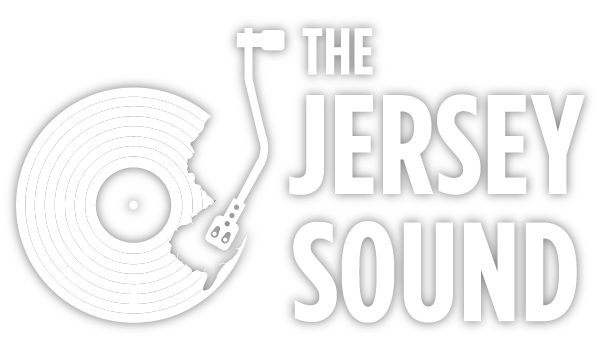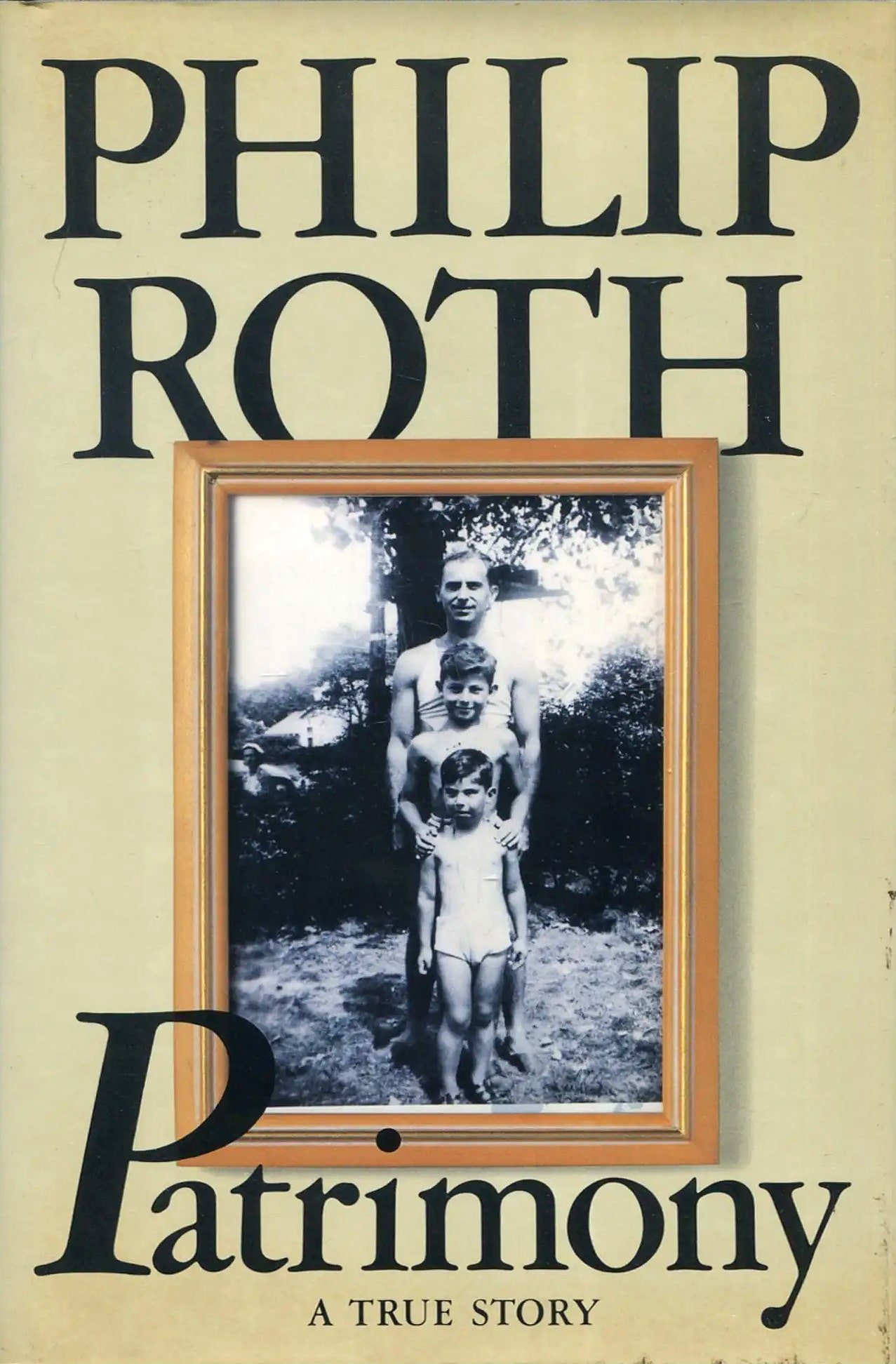‘Patrimony: A True Story,’ by Philip Roth
Patrimony: A True Story (1991)
by Philip Roth
(Simon & Schuster)
When author Philip Roth, 85, died on May 22, 2018, it hit me hard. He walked the same streets in Newark that I did. He went to the same high school, the same temple and was truly one of ours. He was as passionate about baseball as I was. He predated John Lennon’s wish (“imagine no religion”) when he blatantly said “I find religious people hideous.” When I went to Woodstock in 1969, I carried his Portnoy’s Complaint with me to finish. That book made him a star. It holds up today as a hilarious ode to its “lust-ridden mother-addicted young Jewish bachelor” in all its “intimate, shameful detail…and abusive language” with its explicit scenes of masturbation (one with a raw piece of liver). Three years later, as an English Major at Essex County Community College, I wrote a thesis on The Breast, his equally hilarious take on Franz Kafka’s 1916 The Metamorphosis, in which its protagonist turns into a giant insect. In Roth’s book, the character turns into a 155-pound breast.
Through the years, his books never failed to fascinate. His personal life notwithstanding, his artistic growth was profound. I greedily gobbled up American Pastoral (1997), I Married A Communist (1998), The Human Stain (2000) and, especially, The Plot Against America (2004). Among his 29 other books, there was one I purposely refrained from reading.
Until now.
Patrimony: A True Story is a memoir of his father’s struggle with a tumor lodged in his brain that eventually kills him. And, yes, he even manages to find humor in such a tale. The dying parent is as incontrovertibly obstinate as when he was healthy. He holds grudges, he’s still as stubborn as a mule, and he complains about a friend when he says, “she can’t even buy a cantaloupe.” This is precisely the kind of extended jam Roth excels at when he writes, “Look, a cantaloupe is a hard thing to buy -- maybe the hardest thing there is to buy, when you stop to think about it. A cantaloupe isn't an apple, you know, where you can tell from the outside what's going on inside. I'd rather buy a car than a cantaloupe -- I'd rather buy a house than a cantaloupe. If one time in ten I come away from the store with a decent cantaloupe, I consider myself lucky. I smell it, sniff it, press both ends with my thumb…We weren't made to buy cantaloupe...it's a human weakness."
That’s pure Roth.
(Advertisement)

